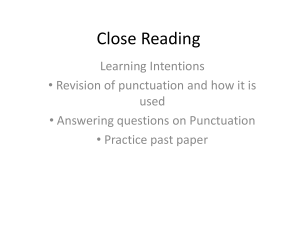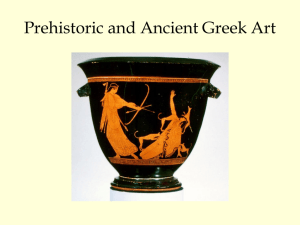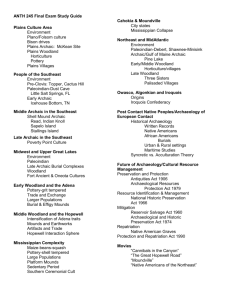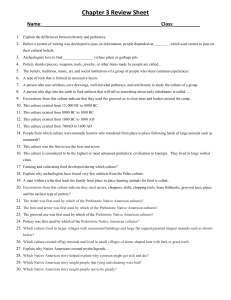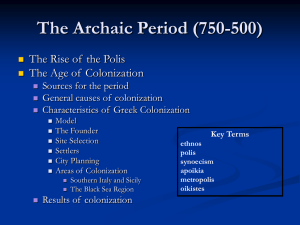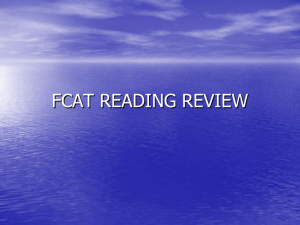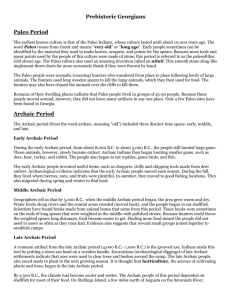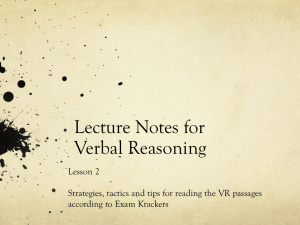Archaic Texts
advertisement
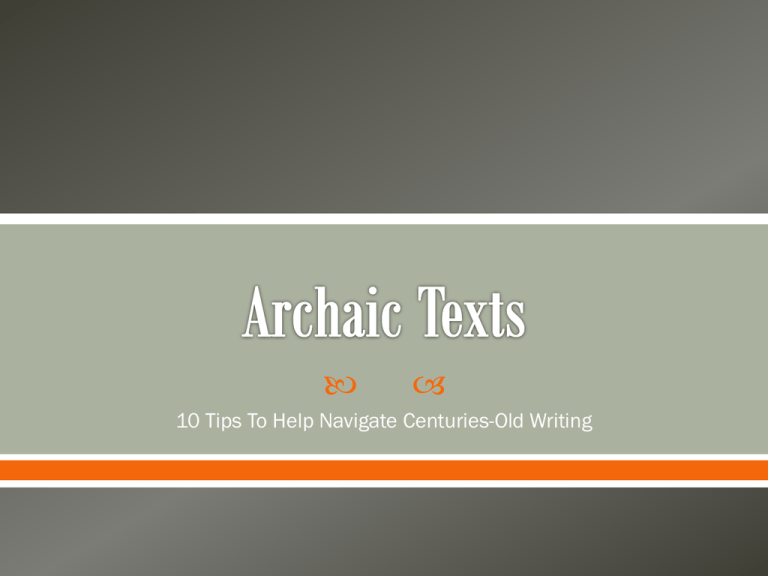
10 Tips To Help Navigate Centuries-Old Writing You have been given a card with a word on one side and a definition of a different word on the other side. Someone in class is holding a card with the matching definition for your word and the matching word for your definition. Find that person! amuse: to delude or deceive awful: wonderful, delightful, amazing barnacle: a species of wild goose cute: keenly perceptive; shrewd guess: to take aim, as with a weapon matrix: the womb nimrod: a skillful hunter placenta: a flat cake, like a pancake quarrel: a square of glass receipt: a drug or food made by recipe recipe: “take” recreation: refreshment by taking food road: hostile incursion on horseback roulette: a hair-curling device or a massage roller sad: satisfied or settled servant: an admirer or wooer torpedo: an electric ray fish that can temporarily paralyze villain: a farm laborer wrong: twisted or bent • Source: dailykos.com It’s easy to be go astray when you apply the wrong definition to a word. It can lead to a complete misinterpretation of a text. In order to fully comprehend and analyze an archaic text, we need to first understand what the words mean. I can apply reading strategies to better comprehend an archaic text. What is an archaic text? (Hint: That word should look familiar to those of you who have already done your Group 19 vocabulary assignment.) What challenges might an archaic text present? What strategies can we employ to help us read archaic texts? Read from punctuation mark to punctuation mark, figuring out the meaning as you go. Treat semicolons and colons as periods. In extremely long passages, figure out where new paragraphs would start. Use the entry point strategy. Find something that makes sense to you and “enter” the passage there. Read carefully and closely, paying attention to every word. Read a line and think about what the passage might be about. Think about what you already know about the topic. Then continue reading. Read actively. Ask questions, make connections, formulate opinions, make predictions, etc. Focus! Set up reading conditions that will help you pay attention. Find something interesting even in the driest of passages. Annotate as you read. Beware of words that might take on different meanings in older texts. Look up words you don’t know and try to expand your vocabulary. “Men not only forget benefits received and injuries endured; they even come to dislike those to whom they are indebted, while ceasing to hate those others who have done them harm. Diligence in returning good for good, and in exacting vengeance for evil, comes to be a sort of servitude which we do not readily accept.” Tips I can use: Read from punctuation mark to punctuation mark. Read carefully and closely. Look up words you don’t know. (Remember: You don’t have to use all of the tips every time! Figure out what works for you and for the passage.) Paraphrase: I think this means that the need to pay people back for the good things they have done for us or the bad things they have done to us often outweighs and outlives the actual deeds themselves. Seeking that justice seems less of a desire and more of an obligation that enslaves us until it is achieved. You will each receive a sample text of your own. Spend a few minutes applying the strategies we have discussed and paraphrasing the text. Next, discuss your results with someone who read the same text as you. In 2006, students taking the AP exam were asked to write a rhetorical analysis of an excerpt from an 1827 essay by William Hazlitt called “On the Want of Money.” The result: the lowest mean score (3.96) of any free-response essay prompt in the past 10 years. Read the excerpt, apply the reading strategies we have discussed, and answer the questions on the handout for tomorrow. (This PowerPoint is available on our class page, if you need it.) Also for tomorrow, read “Of Youth and Age.” (Grab a packet off the front table. Stop reading when you get to “No Man Is an Island.”)


